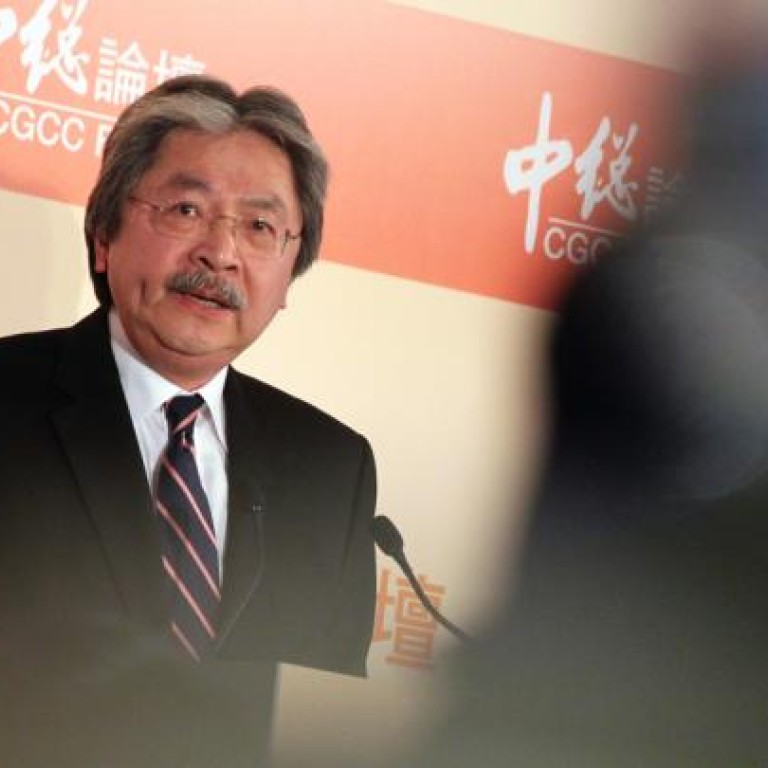
Hong Kong should revamp muddled fiscal structure
The huge budget surpluses that Hong Kong regularly clocks up are a wonder to governments elsewhere. While they struggle to balance their books, our coffers are positively bulging, and increasingly so each year. Such abundance is a welcome cushion for an economy so exposed to outside market forces. But the way it is generated, the manner in which it is managed and how it is dispersed are an embarrassment and a shame. A financial system that is strait-jacketing our future has to be reformed.
The huge budget surpluses that Hong Kong regularly clocks up are a wonder to governments elsewhere. While they struggle to balance their books, our coffers are positively bulging, and increasingly so each year. Such abundance is a welcome cushion for an economy so exposed to outside market forces. But the way it is generated, the manner in which it is managed and how it is dispersed are an embarrassment and a shame. A financial system that is strait-jacketing our future has to be reformed.
Financial Secretary John Tsang Chun-wah highlighted the nature of the problem recently when defending his budget accounting. Most years he forecasts a deficit, but revenue from land sales and stamp duty, seen as wildly unpredictable, means there is usually a substantial surplus. In keeping with what appears to be tradition, the HK$3.4 billion shortfall foreseen for the fiscal year ending in March will instead likely be a credit of between HK$50 billion and HK$60 billion, based on a HK$40 billion surplus recorded for the first three quarters. As in the past, the property-generated income will go into the Capital Works Reserve Fund, which is dedicated to serving infrastructure projects.
Fiscal savings now amount to more than HK$1.5 trillion. The government's argument that substantial reserves are necessary to defend the Hong Kong dollar against speculators, as happened in 1998, is to a degree valid. But as much as there is a need for prudence, the mounting challenges Hong Kong faces also have to be decisively addressed. Each is complex, will have a far-reaching impact and will require careful planning.
Our population is ageing fast and the economy maturing. If Hong Kong is to remain relevant and competitive, improved health care, better ways of looking after the poor and needy, and ensuring a vibrant workforce have to be priorities. Funding for such schemes has to be dedicated, not based on a budgetary whim from year to year. It is wrong to put big infrastructure projects ahead of society's social and economic needs.
Reliable revenue streams like a general sales tax should be considered. The costly matter of health care reform has to be revisited. Better ways of attracting bright young talent and supporting the elderly and poor have to be found. Far-sighted policies that will require substantial funding will be necessary. The finances are available, but only if the government ends its outdated and shameful fiscal ways.

